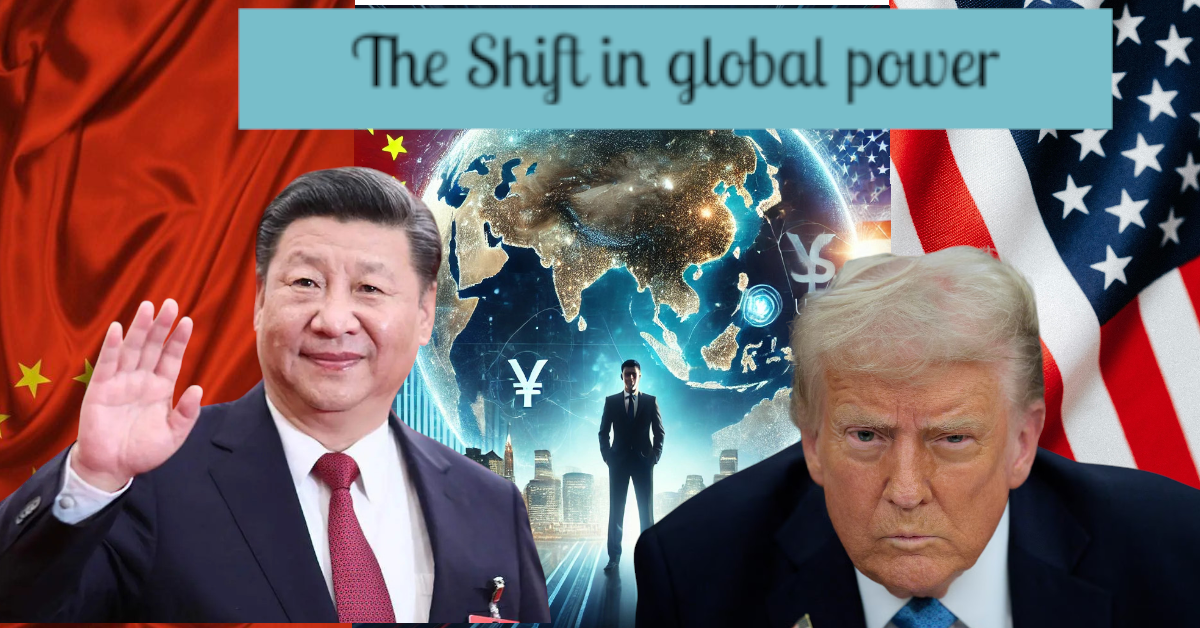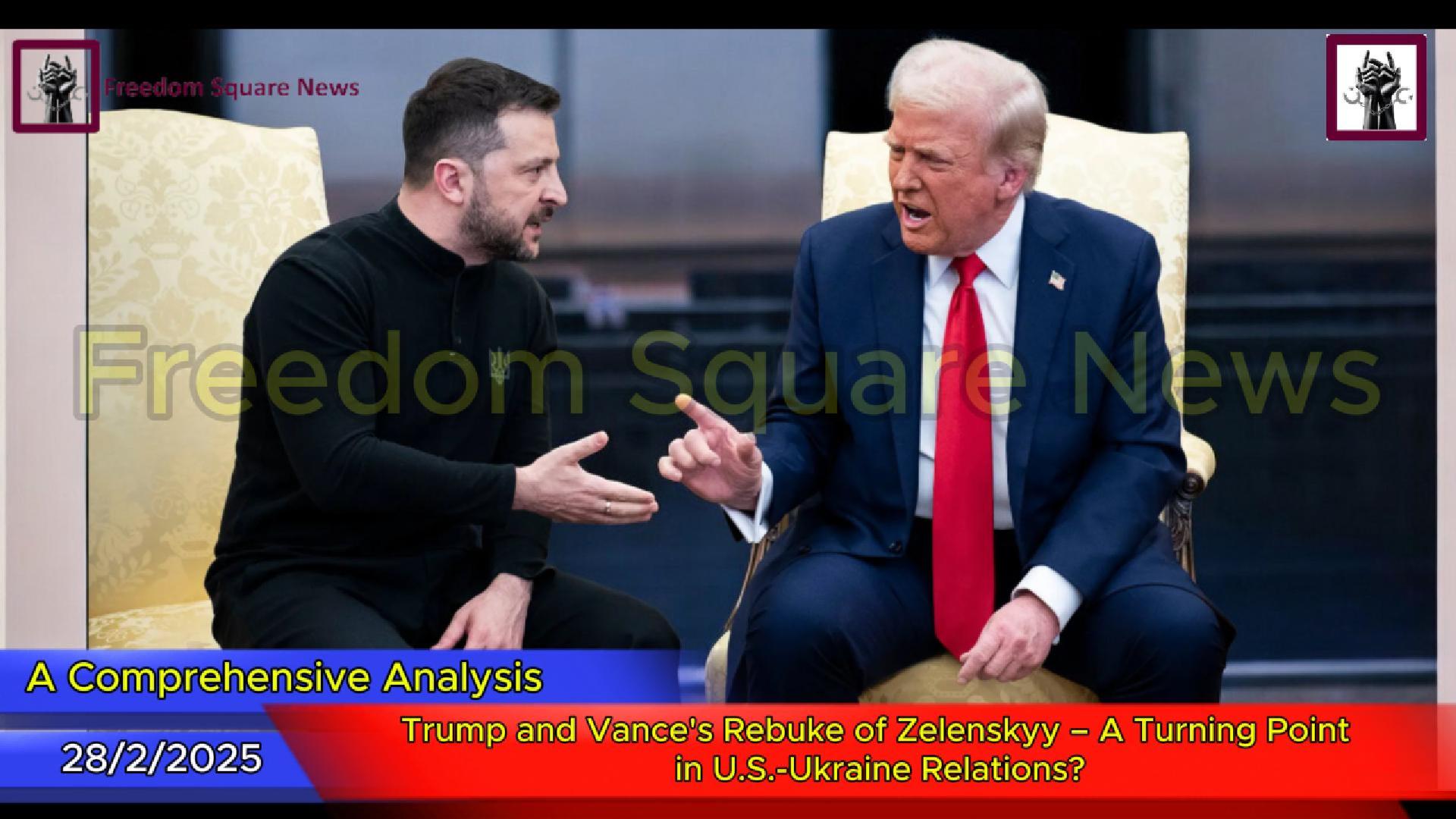In a scathing tweet, former Vice President Atiku Abubakar (@atiku) has slammed President Bola Tinubu’s recent policy on electricity tariff increase, describing it as another round of reforms lacking proper planning and consideration for citizens’ welfare.
Abubakar pointed out the timing of the tariff hike, coinciding with ongoing economic challenges faced by Nigerians due to the removal of fuel subsidy and the depreciation of the domestic currency. He emphasized that the government has failed to address the hardships resulting from previous policy changes and criticized the lack of a post-reform plan to alleviate citizens’ suffering.
- Nsukka zone living on gold, dying of hunger, says NSCCIMA President
- Labour Party’s National Chairman Escapes Assassination Attempt in Abuja Home Fire
- 12 research groups get N12 million ACE-SPED seed grants at UNN
Expressing concern over the potential impact on inflation and the manufacturing sector, Abubakar warned that the tariff increase would exacerbate existing economic woes. He highlighted the burden faced by businesses, including higher loan interest rates, increased diesel costs, and elevated wage expenses due to the new minimum wage.
Abubakar accused the President’s administration of pushing the economy into deeper crisis with reforms lacking empathy. He called for a reassessment of the privatization of the power sector, particularly the performance of Distribution Companies (DISCOs), to address underlying inefficiencies.
In conclusion, Abubakar urged President Tinubu to sequence the reforms, implement measures to alleviate citizens’ hardships, and hold the Nigerian Electricity Regulatory Commission (NERC) accountable for improving service delivery in the power sector.
The tweet underscores growing concerns about the economic impact of policy changes in Nigeria and highlights the need for comprehensive and people-centric reforms to address systemic challenges in the power sector.



